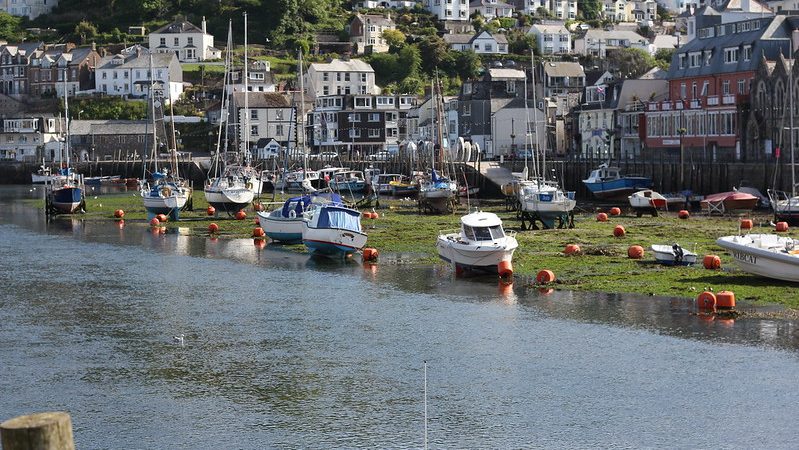After Thursday’s Autumn Statement, we are all likely to be paying more tax – except those hollowing out rural and coastal communities.

Ben Cooper (@BenCooper1995) is a senior researcher at the Fabian Society
The Autumn Statement will mean everyone is going to be paying more tax, the chancellor has said. Everyone, that is, except landlords, second homeowners and those purchasing holiday lets in England. The government is persisting with a £300m a year stamp duty cut to subsidise the wealthiest few to purchase more properties.
Even in times of prosperity, there would be little justification for this tax cut. But in the middle of a housing crisis and with public services desperate for funding, it is incredibly damaging. Millions of pounds will be injected into already overheating property markets, raising prices further, especially in coastal and rural communities.
In 2021, rural areas saw average house prices rise by over 12 percent and rents rose four times faster than those in cities. Seaside resorts experienced house price increases of nearly 14 percent – far higher than the national average. We don’t talk about it much but in parts of our most picturesque towns and villages, low wages and poverty are prevalent – meaning house prices are unaffordable for those who have lived there all their lives.
Second homes and holiday lets are a big part of the problem in these communities. Owners buy up scarce housing that could be year-round affordable homes for local people, and leave them empty off-season. And the numbers are significant: research estimated that Whitby, for example, had 20 times more Airbnb listings in June 2022 than properties available to buy on Rightmove.
Communities at tipping point
Many communities are now at a tipping point as essential workers are struggling to live in – or even near – the places they want to serve. Emergency service staff, carers and teachers simply cannot afford to buy or rent locally – especially as wages are often lower in rural or coastal communities. Young people are forced to move out to secure jobs and opportunities elsewhere – depriving places of the talent they need to prosper. And rather than homes acting as a source of certainty in the often seasonal economy, the housing market is now driving insecurity and instability for many.
Across the country, people have demanded action on second homes and holiday lets. For example, in St Ives, 83 percent of voters chose to ban the construction of second homes in the town.
The Labour-run government in Wales has allowed local authorities to hike council tax on second homes and holiday lets that are left empty for large chunks of the year. While the Levelling-Up and Regeneration Bill does allow English councils to raise council tax on second homes, the powers are more limited than in Wales.
If the government recognises that second homes are such a significant challenge that powers to increase council tax are necessary, why is the same government also persisting with a significant stamp duty cut on these properties at the same time?
Stamp duty plans
In the Autumn Statement, the government should scrap its stamp duty plans. Instead, the £300m a year should be directed to building more homes. By delivering truly affordable housing, this investment could make a real difference to the lives of thousands of people – and ensure they can live locally in coastal and rural communities.
But £300m a year would just be a start. To seriously get to grips with the housing crisis, this funding would have to be combined with other investment. And the government should seriously consider the Welsh Government’s approach – ensuring councils have the full range of powers necessary.
We need a credible plan to tackle second homes and holiday lets. Coastal and rural areas are being sold out by this government and their residents are being priced out of their communities. The government should change course now before it’s too late.
Image credit: Mevagissey Cornwall, Paul J: Creative Commons
To reach hundreds of thousands of new readers we need to grow our donor base substantially.
That's why in 2024, we are seeking to generate 150 additional regular donors to support Left Foot Forward's work.
We still need another 117 people to donate to hit the target. You can help. Donate today.



